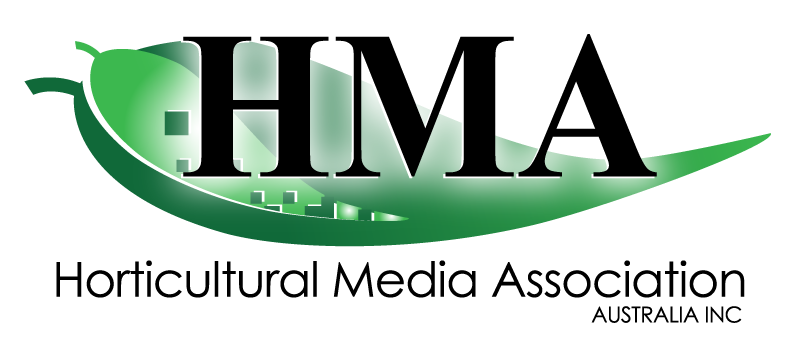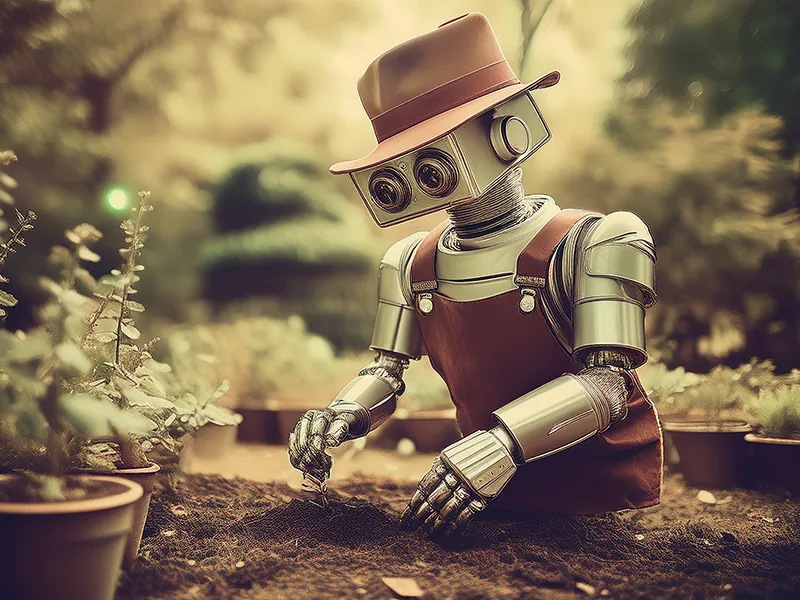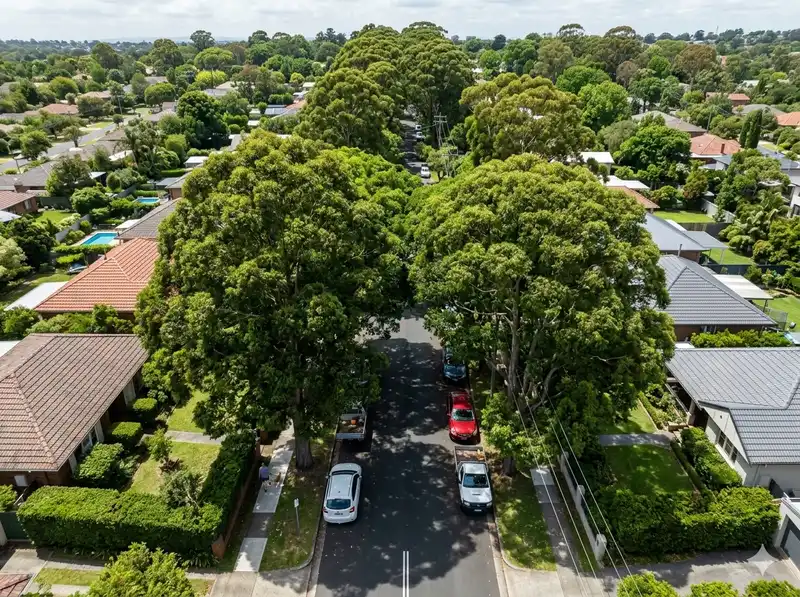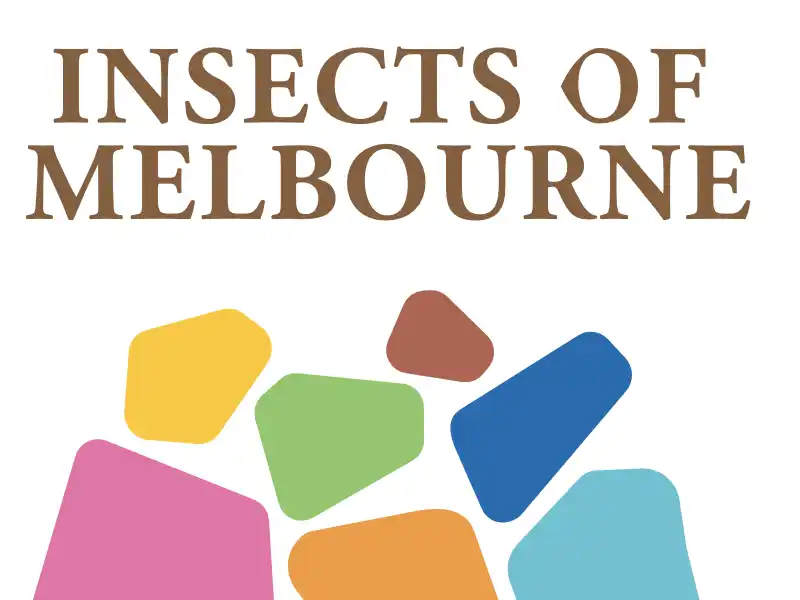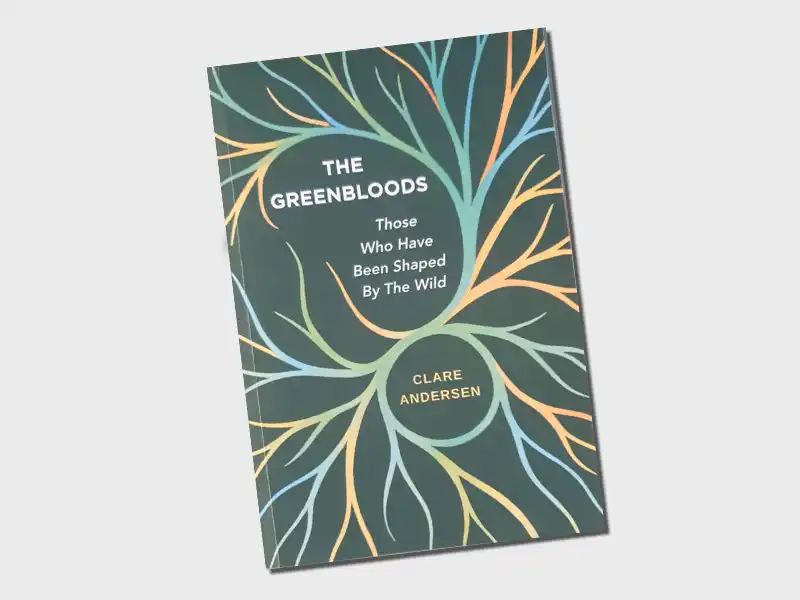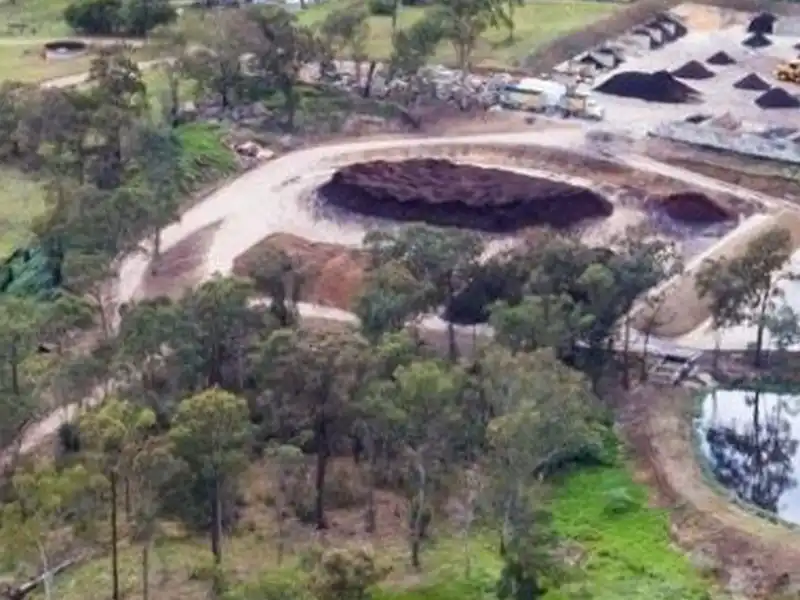Old Notes, New Tricks
by ChatGPT (but if you have questions, direct them to Jim Dobbin)
If you’ve spent decades in horticulture, chances are you’ve got shelves of notebooks, binders, and files full of talks, articles, course notes, and research. Maybe even a few handouts on plant health from that workshop you ran in 1998.
You may have asked yourself: “What do I do with it all?” It seems too valuable to throw away, but too old-fashioned to publish.
The good news is: AI gives you a new way to recycle this knowledge — and you don’t need to be a tech expert to do it.
What is Notebook LLM?
Most people have heard of AI programs like ChatGPT, and many worry that these tools simply scrape the internet and regurgitate what they’ve “stolen”. That’s not what we’re talking about here.
Notebook LLM is a private version of AI that you control.
It learns only from what you give it — your documents, your words, your knowledge. Think of it like training an apprentice who only studies from your personal notes.
You upload a document — say, your own 20-page guide to growing Australian natives in clay soils — and it becomes a searchable, intelligent version of that document. Not just an index of keywords, but a tool that can read, summarise, and explain what you wrote in plain English.
…and it is free?
From Plant Health Notes to a Personal Assistant
Let’s say you wrote a resource some years ago titled “Plant Diagnostics”. It might list yellowing leaves, black spots, stem dieback, or fungal signs — alongside the likely pests, diseases, and treatments.
In the past, the only way people could use that information was to search for exact phrases — like “Phytophthora root rot” or “chlorosis” — and hope they landed on the right paragraph.
With AI, they don’t need to know the exact terms. They can just ask in everyday language.
💬“What’s causing yellowing leaves on my camellia with some black blotches?”
The AI trained on your document might respond:
“These symptoms may indicate camellia leaf spot, typically caused by the fungus Glomerella cingulata. It’s common in humid conditions. Prune for airflow and remove affected leaves.”
This is not guessing from the internet — it’s giving advice based only on your original document.
How it can be done, without needing to be a Techie
Here’s a simple layperson’s way to start:
- Find an old resource you’re proud of — a Word document, PDF, or even handwritten notes you can scan.
- Use a tool like Notebook LLM (or a similar private AI platform) to upload the file.
- The AI reads and “learns” your content — no publishing or sharing required.
- You (or others) can then ask questions using a search box — as if chatting with an expert.
- The answers come back in everyday language, based entirely on what you wrote.
If you want, this tool can be embedded into a simple web page — turning your paper notes into a personalised plant health web app.
Why It Matters: The Shift Away from Books
These days, fewer people are buying non-fiction books — especially long ones. But there’s increasing demand for searchable knowledge, short videos, online courses, and web apps that answer questions on the spot.
AI lets you turn the same material into all of those things — without rewriting a single sentence.
Imagine:
- Your old propagation notes turned into a clickable diagnostic tool
- Your workshop slides repackaged as a video course
- Your monthly columns turned into an advice chatbot for new growers
And you’re not doing this for some big tech company. You’re doing it for you, or your community, or your clients.
A New Kind of Legacy
For horticultural professionals with a lifetime of experience, this is a chance to stay relevant without having to start again.
AI doesn’t replace you — it works for you. It becomes a way to:
- Share what you know without repeating yourself
- Help others without needing to be on the phone all day
- Preserve your thinking in a form that future generations can access and learn from
Your life’s work has already been written — in articles, reports, presentations, and notes. Now, AI gives you the ability to repackage it, refine it, and re-share it in ways that meet modern needs.
You don’t need a new degree. Just a willingness to try.
Final Thought: Compost Your Knowledge, Don’t Let It Rot
Think of AI as a compost bin for your intellectual efforts. You throw in your old material — and instead of decaying, it transforms into something fertile and useful.
You already have the gold. Now, AI can help you make it shine again.
